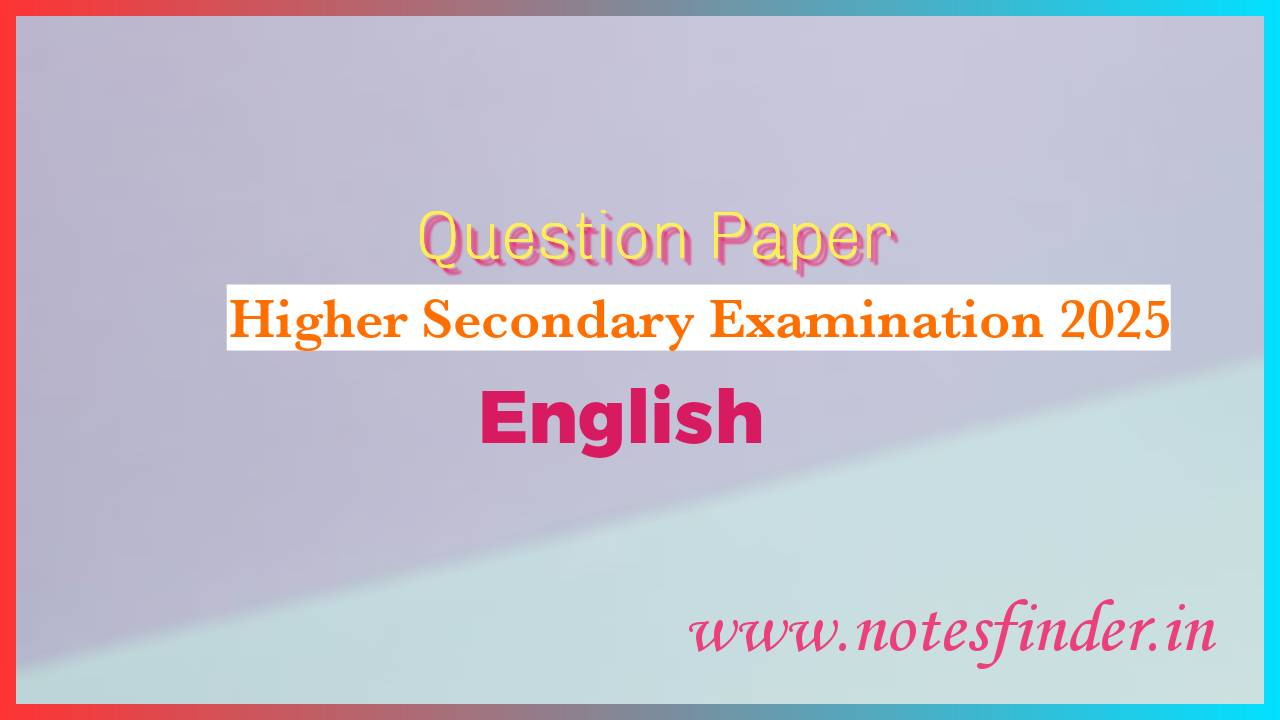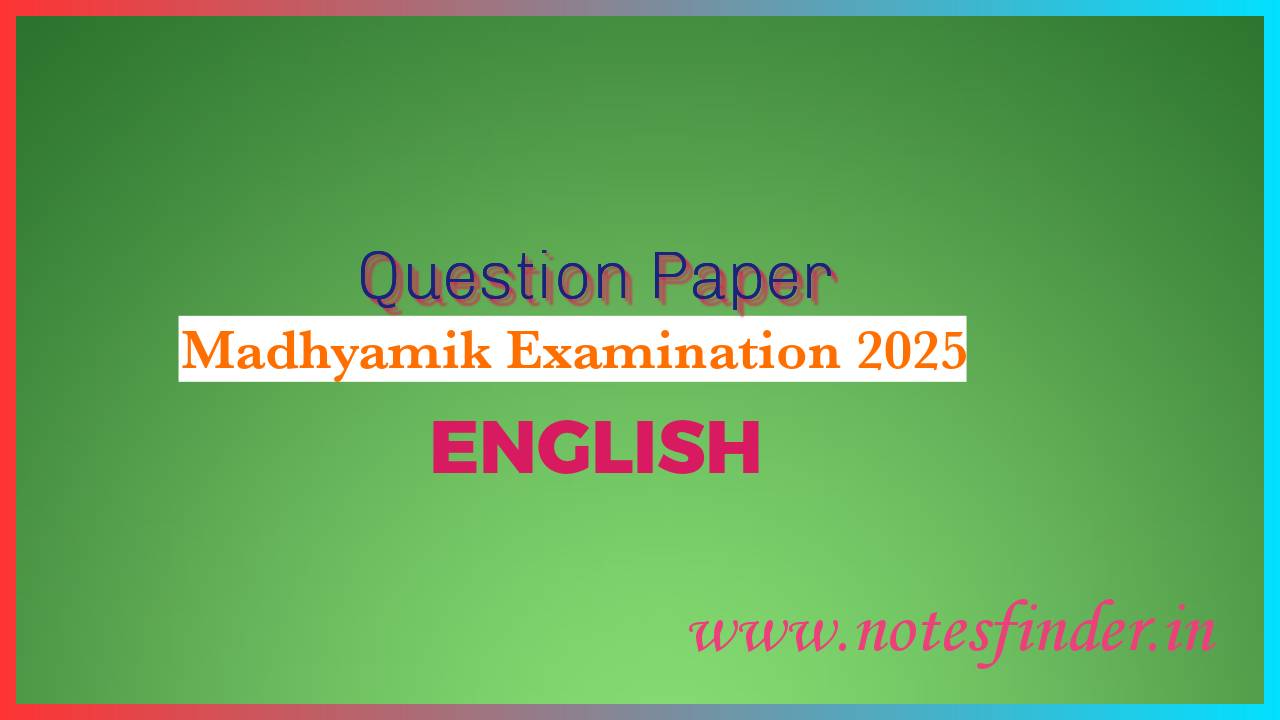Change the voice
1. The city wears the beauty of the morning.
Answer: The beauty of the morning is worn by the city.
2. Never saw I, never felt, a calm so deep!
Answer: A calm so deep was never felt by me.
3. I never saw such a beautiful sight.
Answer: Such a beautiful sight was never seen by me.
4. The poet can see many buildings.
Answer: Many buildings can be seen by the poet.
Joining of Sentences using Participle
1. The poet is overwhelmed with joy. He addresses God.
Answer: Overwhelmed with joy, the poet addresses God.
2. Everything looks bright. The air is smokeless.
Answer: The air being smokeless, everything looks bright.
3. The poet was charmed. He observed the beauty of the city.
Answer: Observing the beauty of the city, the poet was charmed.
4. Everything looked glittering. The sun shone brightly.
Answer: The sun having shone brightly, everything looked glittering.
5. The river is guided by its sweet will. It glides freely.
Answer: Guided by its sweet will, the river glides freely.
Do As Directed
1. Never did sun more beautifully steep. (Affirmative Sentence)
Answer: The sun was failed to steep so beautifully ever before.
2. The earth has not anything to show more fair. (Affirmative Sentence)
Answer: The earth is unable to show anything more fair.
3. The earth has not anything to show more fair. ( Positive Degree)
Answer: The earth has not anything to show as fair as this.
4. I never felt a calm so deep. (Comparative Degree)
Answer: I never felt a calm deeper than this.
5. And all that mighty heart is lying asleep. (Negative)
Answer: And all that mighty heart is not lying awake.
6. One would pass by a sight so touching in its majesty. He would be dull of soul. (Complex)
Answer: One, who would pass by a sight so touching in its majesty would be dull of soul.
7. And all that mighty heart is lying asleep. (Use noun form and rewrite)
Answer: And all that heart of might is lying asleep.
8. The beauty of the morning is silent. (Use noun form and rewrite)
Answer: The beauty of the morning is its silence.
9. The very houses seem asleep. (Change to a complex sentence)
Answer: The very houses seem as if they are asleep.
10. The city wears a garment. It is silent and bare. (Make it complex)
Answer: The city wears a garment which is silent and bare.
11. Everything in the city glitters in the smokeless air. (Complex sentence)
Answer: Everything in the city glitters in the air which is smokeless.
12 . The river glides at his own sweet will. (Complex)
Answer: The river glides at its own will which is sweet.
13. And all that mighty heart is lying asleep. (Complex)
Answer: And all that heart which is mighty is lying asleep.
14. I never felt so calm so deep. (Complex)
Answer: I never felt a calm that is so deep.
15. That heart which is mighty is lying still. (Simple)
Answer: That mighty heart is lying still.
16. Dull would he be of soul who could pass by a sight so touching in its majesty.(Change to a simple sentence)
Answer: A soul, passing by a sight so touching in its majesty, would be considered dull.
17. Never did Sun more beautifully steep. (Use positive degree)
Answer: The Sun did never steep as beautifully as it did then.
18. Dull would he be of soul who could pass by a sight so touching in its majesty. (Split into three short simple sentences)
Answer: The sight is very touching in its majesty. It is not possible for anyone to pass by such a sight. In case of doing so, that person would be considered dull of soul.
Class XI English (Mindscapes)Textual Grammar
- Leela’s Friend – RK Narayan
- Voice Change from Leela’s Friend
- Narration Change from Leela’s Friend
- English Grammar (Do as Directed) from Leela’s Friend
- Karma – Khushwant Singh
- Voice Change from Karma
- Narration Change from Karma
- Transformation of Sentences(1) from Karma
- Transformation of Sentences (2) from Karma
- Jimmy Valentine – O. Henry
- Voice Change from Jimmy Valentine
- Narration Change from Jimmy Valentine
- Nobel Lecture – Mother Teresa
- Voice Change from Nobel Lecture
- Narration Change from Nobel Lecture
- Transformation of Sentences from Nobel Lecture
- The Place of Art in Education – Nandalal Bose
- Voice Change from The Place of Art in Education
- Transformation of Sentences from The Place of Art in Education
- Composed Upon Westminster Bridge – William Wordsworth
- Textual Grammar from Composed Upon Westminster Bridge
- Meeting at Night – Robert Browning
- Textual Grammar from Meeting at Night
- The Sick Rose – William Blake
- Textual Grammar from The Sick Rose
- Brotherhood – Octavio Paz
- Textual Grammar from Brotherhood
- Daybreak – Henry Wadsworth Longfellow
- Textual Grammar from Daybreak



